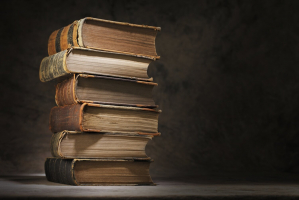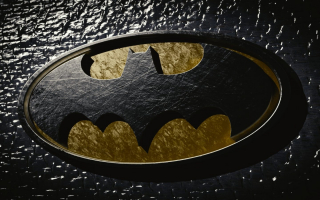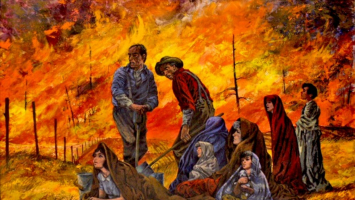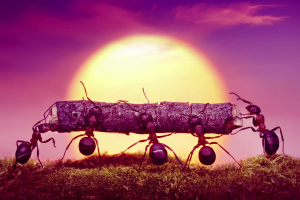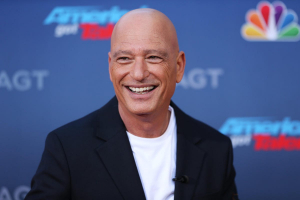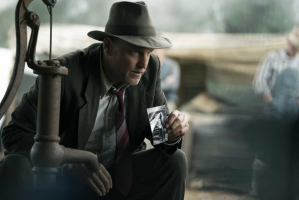Top 10 Songs That Were Banned for Unexpected Reasons
Even though many of us are used to hearing plenty of explicit music on the radio, there are still numerous songs whose lyrics have been "too contentious" to be ... read more...played on television, the radio, in stores, or even in entire nations. And no, it's not because every one of these songs contains harsh or insulting language; in fact, a lot of them don't even contain curse words.
-
It is impossible to overestimate the seriousness of the September 11 attacks in light of what transpired on that day, the lives lost, and the lasting effects they had on not only America but also the rest of the globe. Since then, nothing has truly been the same. After that, there was understandable anxiety and terror, and occasionally those feelings showed up in odd ways. The prohibition of songs was one of them.
The general consensus was that anything that would serve as a reminder of what happened should not be played, but the full list included 164 songs, some of which were more difficult to understand than others. These were communicated to the on-air employees by the leaders of the majority, if not all, of the major American stations. The songs weren't necessary outright, unambiguously forbidden, but it was encouraged not to play them.
On paper at least, several songs made sense right immediately, for example, Metallica's Seek and Destroy and Drowning Pool's Bodies. There were many metal and rock songs that invoked images of destruction and death. The list included each and every song by Rage Against the Machine.
Other options appeared to be a little more obscure. Louis Armstrong's song What a Wonderful World. The Clash's Rock the Casbah. You may argue that those were inappropriate choices; perhaps Rock the Casbah sounded too Middle Eastern at the period when anti-Muslim sentiment was rampant? But that's a bizarre and a reach.Rock N' Roll True Stories channel on Youtube -
When the subject matter of a song is not what listeners want to hear, it may result in a song being banned. However, intentions and realities don't always match up, and the reasons why are occasionally quite embarrassing. This was the case with Little Big Town's country hit Girl Crush.
The song, which was published in 2014, is from the viewpoint of a lady who is singing about another woman about whom she is envious since she is the one the man she desires is in love. Her desire to be more like that lady, to be with the man she desires, and to have him want her in return, is expressed in the song. But not everybody interpreted it that way.
Due to allegations that it was advocating a gay agenda, the song was removed from various radio stations. Additionally, if you don't pay attention to the words, you might assume that the song is about a woman falling in love with another woman, which isn't necessarily a negative thing in and of itself.
Little Big Town channel on Youtube -
Even if you're not familiar with the song's name, if you're a fan of Quentin Tarantino, you'll instantly recognize Link Wray's Rumble from Pulp Fiction. You can understand that the song must have been of great worry to authorities, especially back in 1958 when it was outlawed in areas like Boston and New York. The song was once compared to an invitation to a knife fight. It's hard to blame anyone for wanting to put an end to a violent song. However, there was a flaw in that line of reasoning.
The song contains no lyrics at all, in case you are unfamiliar. It is only used instrumentally. In fact, it's the only instrumental song that has ever had radio play prohibited due to concerns that it would incite violence. And there's no denying that the music, even without any connection to one of Tarantino's films, is incredibly stylish and slick. However, it is still only a song. There is a lot of mellow guitar and a calm, sensual groove. However, no one is yelling at you or making stabbing threats because nobody speaks at all.
n3v05h channel on Youtube -
You're likely to have never heard the Buoys' song Timothy, and perhaps you've never even heard of them. Both were not particularly well-liked, but Timothy was really put on the outlaw list. It sings about devouring a man named Timothy as part of a cannibalistic ritual.
Timothy was intended to raise a stink and was written by Escape (The Pina Colada Song) composer Rupert Holmes. The idea was to play the song on the radio for a while so that listeners would get used to the upbeat pace and enjoy it. They would then outlaw it after everyone understood what it was about. When the song's fans learned it was forbidden, their desire to hear it increased. In any case, that was the plan.
The song recalls the tale of three guys who were trapped in a mine collapse; after their rescue, there were only two men remaining, and neither of them had any food. How then did they manage to secure approval from the record label? The band made up the story that it included a mule.
OneEarthOneLove channel on Youtube -
The Kingsmen's interpretation of the song Louie Louie in 1963 was a major smash. It's a song that almost all of us have heard, but none of us can probably sing because nobody is familiar with the lyrics. Although the song has a great melody, the singer's lyrics are completely incomprehensible. That was the main factor in the song's temporary ban, in fact.
The song was outlawed in Indiana in 1964, and the governor went a step further by asking the FBI to look into it on a criminal level for being pornographic. Those nonsense lyrics had to be fairly bad, right? The FBI didn't agree, but it took them two years to get to that conclusion.
After two years of research into the music, the law enforcement agency released a 119-page report that found that, no, the song was not pornographic. This came after agents from as many as six different bureaus listened to the song repeatedly, both at high and low speeds, in an effort to understand what the hell it was about.
Many parents said that they, too, had heard obscene lyrics in letters to the FBI and the Attorney General. But none were really discovered. For what it's worth, the Indianapolis office really asked the record label for a copy of the lyrics andRock del Recuerdo channel on Youtube -
There were many notable songs in The Wizard of Oz, but only Ding Dong the Witch is Dead was a jovial song honoring someone's passing. A vibrant and upbeat song performed by an army of Munchkins celebrates the overthrow of their oppressor by a collapsing house. In the proper setting, it makes perfect sense. What about when it's not relevant?
We're back in the UK, where the BBC exercised its arbitrary banning powers in 2013 to remove this perennial family favorite from the airwaves, not in the 1930s or 1940s. This time, the rationale was that the song was growing in popularity following the passing of former Prime Minister Margaret Thatcher.
The song rose in the charts following her passing due to a significant increase in sales, but the BBC, which usually broadcasts a weekly musical chart countdown, refused to air it because they were aware of the reason the song had initially risen in the charts and found it repulsive. Even though they insisted they weren't outright banning it, they only played a portion of the song throughout the countdown rather than the entire thing.Myvoinar channel on Youtube -
The Who still has a high standing in the annals of rock music despite being one of Britain's biggest performers throughout the 1960s and 1970s. Their popularity and place in mainstream culture were established by songs like Pinball Wizard and My Generation. But being popular does not protect you from being banned, and My Generation suffered this fate when, you guessed it, the BBC banned the song following its 1965 release.
This time, the manner in which the song was sung—rather than its content—was what led to the ban. Some of the words are deliberately stutter-sang by the band's lead singer, Roger Daltrey. Because the BBC believed the song to be disrespectful to stutterers, they refused to play it. However, after receiving extensive play on pirate radio and selling 300,000 copies, the BBC gave in and permitted it to be played on conventional radio.
The Best Of - Home Of Classic Music channel on Youtube -
The Eurovision Song Contest, in which performers from all over the continent compete and represent their nation on the musical stage, has been held annually in Europe since 1956. The songs can be everything from funny to embarrassing, and the performances can be incredibly elaborate.
Usually, the song a nation sends to the competition is one they hope will win, if only for some bragging rights, but Italy in 1974 didn't get that chance because they forbade their own entry. Si was going to be performed by singer Gigliola Cinquetti. Si, which naturally implies "yes," came in second place behind ABBA's Waterloo. However, nobody in Italy noticed it. They refused to broadcast it at home out of concern that the chorus's frequent use of the word "yes" might sway the vote during the nation's referendum on divorce.
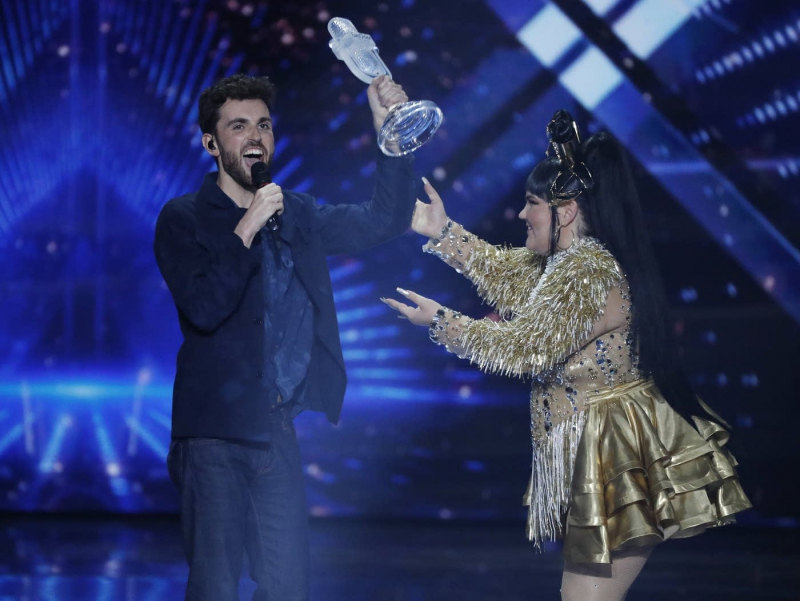
https://www.mprnews.org 
https://www.ebu.ch/ -
Even Bing Crosby was not immune to the practice of arbitrarily banning tunes. His jazzy song Deep in the Heart of Texas was taken off the radio for having a catchy beat, which is what made it so successful in the first place. The BBC had its share of naysayers once more.
The BBC played the song during a "music while you work" program ten years to the day after the 1942 debut of the song, and chaos erupted. Or, to be more precise, people joined in. The song features a lot of clapping, and it appears that the employees were so engrossed in the music that they stopped what they were doing and joined in, disrupting productivity. The music was swiftly prohibited from being played while working.
A productive worker is a worker with no rhythm, thus it appears that the BBC went all out against any American song that dared feature clapping, whistling, or other distracting sounds that a worker could be tempted to replicate while they were on the clock.
TXCOC channel on Youtube -
Undoubtedly one of, if not the most well-known songs about monsters enjoying a party is 1962's Monster Mash. The song, which Bobby "Boris" Pickett recorded, is frequently played around the Halloween season and has appeared in numerous cartoons and motion pictures throughout the years. It's a song about a mad scientist who invents a new dance fad for monsters like Dracula and the Wolfman, quite literally. Overall, it's rather innocent material, but tell that to the BBC in the UK.
Because it was too morbid, Monster Mash was banned from UK radio for 11 years. It reached number three in the charts in 1973 when they let the monster-living populace to hear it for the first time. The criteria for what was deemed excessively morbid were not specified, but considering lyrics like "The undead were having fun (tennis shoe, wa-ooo)," one can only speculate.
NRRArchives2 channel on Youtube












